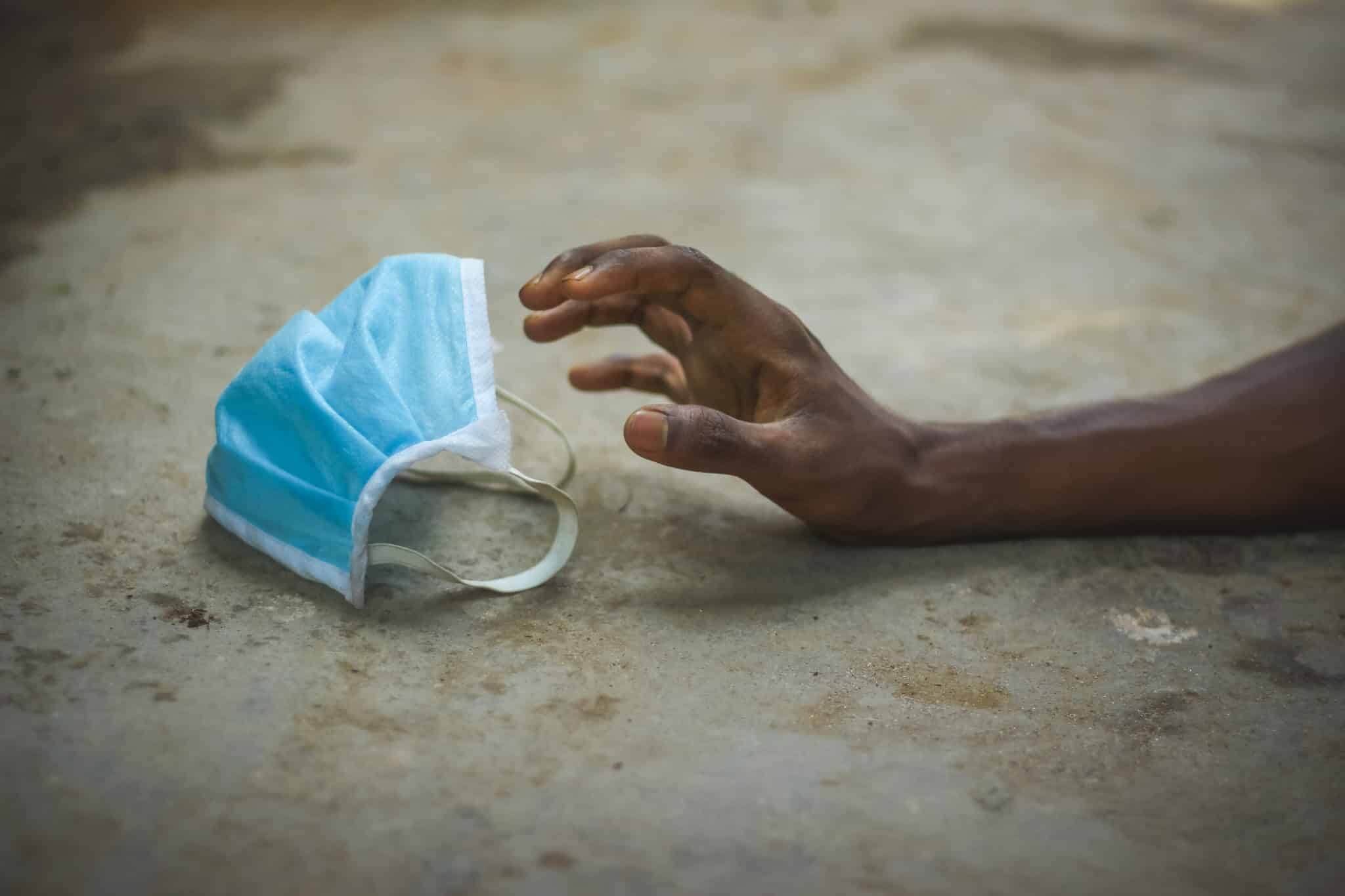
Coronavirus Threatens To Upsurge Poverty
The ongoing global coronavirus crisis represents even dire economic news for people around the world, as half a billion more people in the world might be pushed into poverty, UN Researchers predict.
Three researchers who authored the new UNU-WIDER-published study- Estimates of the Impact of COVID-19 on Global Poverty– said that coronavirus might leave 8% of people in the world, which represents about 420 to 500 million people, living in poverty.
According to their estimates, a 5% drop in global income and consumption rates would still result in the first rise in global poverty since the last extreme, which occurred in 1990.
“Our estimates are based on three scenarios: low medium and high global contractions of 5, 10 and 20 percent. We calculate the impact of each of these scenarios on the poverty headcount using the international poverty lines of US$1.90, US$3.20, and US$5.50 per day.”
These findings have led researchers to speculate that the UN will face a real challenge. Especially in its vision under UN Sustainable Development Goals to end global poverty and zero hunger by 2030.
Who Will Be Hit Hardest?
South Asian countries like Afghanistan, India, Sri Lanka, and the Maldives will be heavily affected regions. As well as Sub Saharan countries, including Kenya, Nigeria, and Ethiopia.
“We were surprised at the sheer scale of potential property tsunami that could follow COVID-19 in developing countries.”
While these developing regions have an ongoing battle with poverty, the UN predicts a further drop for them. In comparison to first world countries where coronavirus infections and mortality rates are multiple times higher.
“The concentration of the potentially new poor under the US$1.9/day and US$3.2/day poverty lines would occur in the poorest regions of the world. Notably in SSA and South Asia. Which could accrue together between two thirds and 80–85 percent of the total poor”
The report further revealed that the coronavirus would result in ten years of reduction in the world’s effort to reduce global property. In some regions, the severity of the impact would regress poverty levels as far back as thirty years.
Government Reactions and Cooperation Internationally Determines the Severity
The UN maintains that despite many developed countries experiencing far higher cases of COVID-19, they will feel a more dramatic effect based on their non-monetary indicators. And reactions during past global crises.
Since there is no telling how long the pandemic might last. Non-monetary indicators, which are weaker in developing countries will also escalate poverty levels
“Monetary indicators such as infant and maternal mortality, undernutrition and malnourished, and educational achievement would also be seriously hit.”
The policies that some national governments are implementing in response to coronavirus are effective. Especially to the most vulnerable, including the unemployed, and uninsured. As well as those without access to medical care, health workers, and workers in informal sectors of the economy.
The research called for international humanitarian action to assist developing countries with lesser potential to fight the coronavirus effects. This includes inferior health systems.
OXFAM Responds To UN’s Plight
A day after the UN published its forecast, the international movement for ending injustice and poverty, OXFAM International, initiated a call to all world leaders to come together and bail out the developing countries.
“The agency is calling on world leaders to agree on an ‘Economic Rescue Package for All.”
This is to help keep economies afloat.
In their report ‘Dignity not Destruction’, OXFAM stated that while developing countries must work to protect their people, the G20 should be on the frontline leading rich country governments to massively increase their support.
The plan proposes a $2.5 trillion fund. It will tackle the epidemic and caution against a global economic collapse by offering people direct help. These measures include giving out cash grants to everyone who needs them. Suspending debt payments from poor countries, and an economic stimulus, from the IMF.




